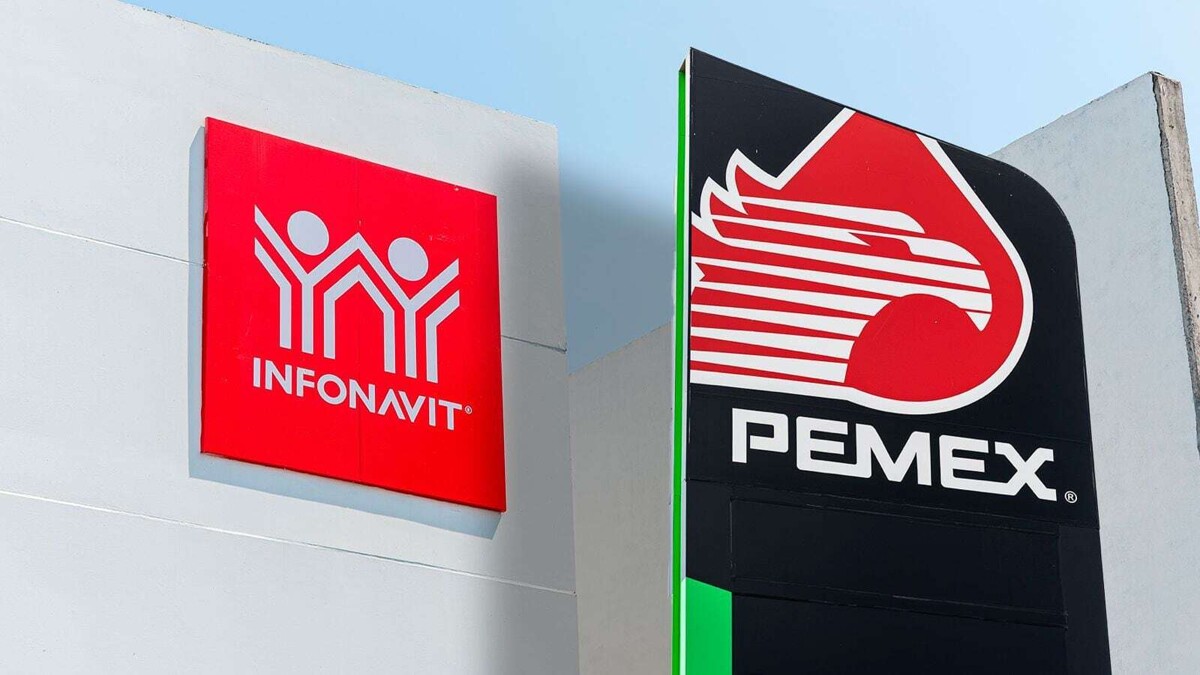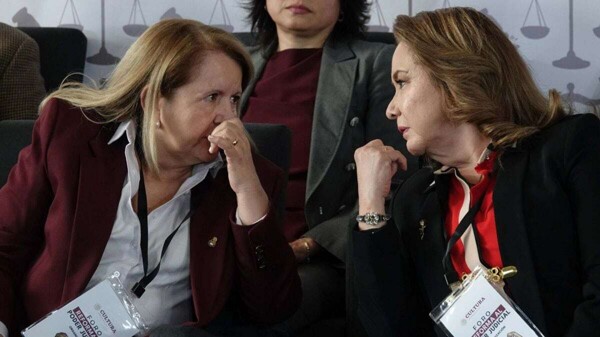
Morena deputy, Alfonso Ramírez Cuéllar, revealed that in the housing funds of Infonavit, Fovissste, and union savings boxes, there is almost a billion pesos available. The construction of a million housing units is planned, distributed evenly between Infonavit and the Banking Housing Operation and Financing Fund. A property regularization program will be implemented to ensure housing tenure and increase its value.
Regarding transparency in the use of these resources, it is expected that this time it will be clearly disclosed and that situations from the past, where funds disappeared during the previous administration, will not be repeated. The intention is to prevent them from being diluted in projects such as Dos Bocas, AIFA, and the Maya Train. The regulatory law will define the powers of the Institute as a builder, despite the discrepancy from unions and businesses regarding this.
Housing specialists suggest that the Institute focus on administrative, financial, and legal matters, leaving the construction work to companies with experience in the field. There is concern about the effectiveness of a government builder compared to the specialized companies active in the country.
The transparency in the management of resources by Octavio Romero, director of Infonavit, will be fundamental, especially since they do not have the INAI to supervise these actions. Concerns are also raised about government decisions regarding investments, given their contradictory discourse regarding the protection of these against the nationalization of companies.
The new proposal seeks to empower Infonavit to build housing and establishes social leasing as a new housing model, considering it a human right. However, the initiative generates uncertainty due to the possible centralization of construction and the risks it entails for current workers and owners.
In the legislative debate that will take place in the Chamber of Deputies, the reform of Article 123 of the Constitution will be discussed, expanding Infonavit's powers in housing construction. A law is proposed that will define the participation of entrepreneurs and developers in the process, with financing for these works coming from the resources of the workers themselves, raising concerns about the sustainability and equity of the plan.














